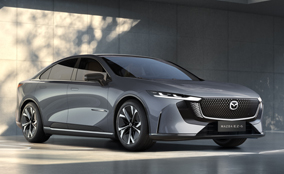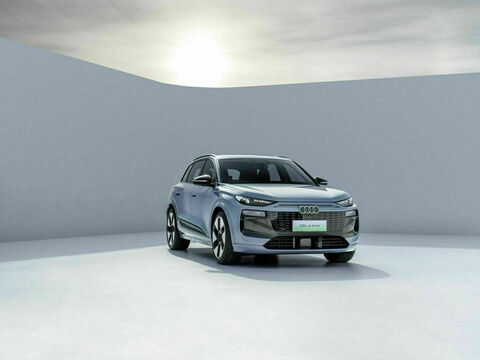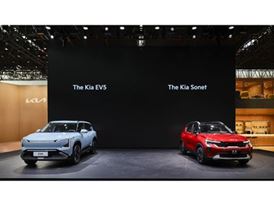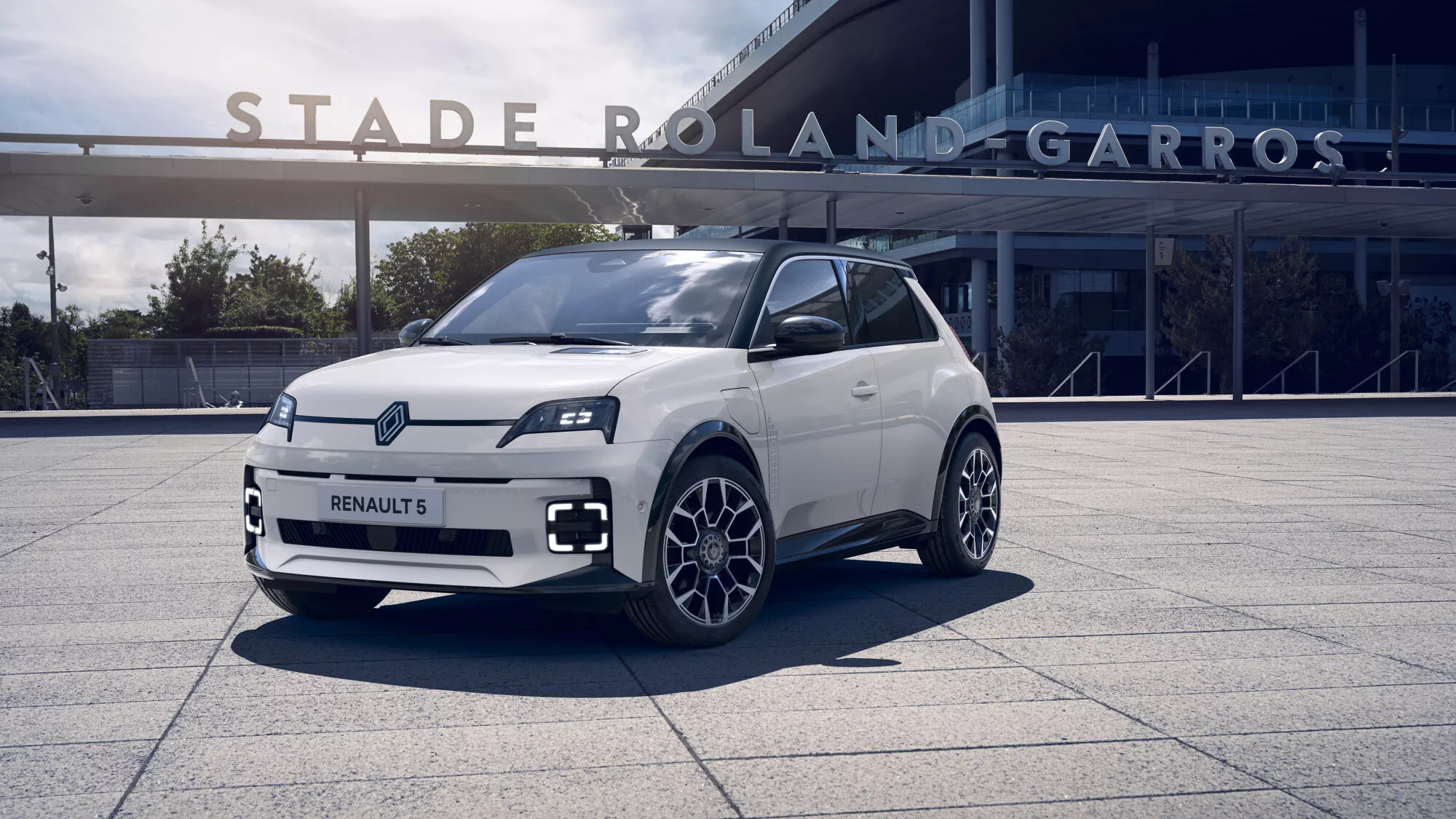LG Energy Solution finally unveiled its plans for LFP (LiFePO4) batteries at the 2022 Smarter E event in Munich.
Jorg Jurgens, LGES director of energy storage systems EMEA (Europe, the Middle East, and Africa), revealed the company’s plans to pv magazine.
The new RESU Flex series will feature the NMC battery chemistry. The South Korean manufacturer has long been faithful to NMC, but it now plans to develop and release LFP-standard cells by October 2023 and LFP long cells by the fourth quarter of 2024. Jurgens told pv magazine that the transition will be a smooth one, as the LFP cells will be produced in the same format and sizes, so the systems will be able to use the same modules and racks as before.
The new battery cells will be made in Holland in the US state of Michigan, with double-digit gigawatt-scale production lines being added to the facility, Jurgens said. This aligns with an earlier announcement from LG Energy Solution that it is pouring in $1.7 billion to increase the production capacity for battery cells and packs at the Michigan plan, up fivefold from 5 GWh at present.
The switch to the safer nickel and cobalt-free battery chemistry follows LG Energy Solution’s forced recall of some of its battery energy storage systems in the United States and Australia due to potential fire-related risks. In March 2021, the Australian Competition and Consumer Commission (ACCC) issued a recall notice for batteries in LG Energy Solution’s lithium-ion RESU residential range, due to the potential risk of overheating and catching fire.
Summing up.
- Standard LFP cell: production by October 2023 in Holland in the US state of Michigan
- Long LFP cell: production by Q4 of 2024 in Holland in the US state of Michigan
My guess is the standard sized cell will probably be used mostly in energy storage systems (ESS), while the long sized cell will be used in electric vehicles. This means that only by 2025 we get to see electric cars powered by LFP cells made by LG, which is disappointing.
I can only explain this delay with the fact that the three biggest Korean battery cell makers, LG Energy Solution, Samsung SDI and SK On, are aiming for LNMO to be their main cobalt-free battery chemistry for electric vehicles.
Anyway, I’m surprised that LG Energy Solution is still heavily betting on pouch cells instead of adopting the prismatic format, to allow its battery packs to become module-less.
More info:
https://www.intersolar.de/news/the-smarter-e-europe-2022-phenomenal-exhibition-success-in-munich
http://www.businesskorea.co.kr/news/articleView.html?idxno=91939






